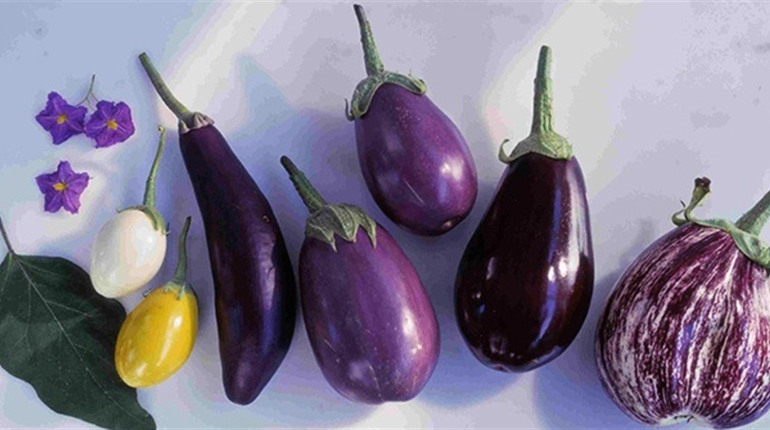
Feeding eggplant in the open ground or what is missing in the garden
Get a good crop of eggplant, without applying fertilizer to the soil, practically impossible. But as in any case, here is an important measure: lack of nutrients will inevitably affect the taste of future fruits, and their excess, vice versa, will deprive you of part of the harvest, forcing plants to actively grow green mass.
How to feed
Before dealing with the frequency and patterns of fertilization, important to understand, when and how to feed eggplant so, that plants took a maximum of nutrients. Like all solanaceous crops, eggplant need nitrogen (without it, the normal growth of eggplant bushes is impossible), phosphorus (is responsible for the development of the root system of the plant), potassium (with his participation the fruit is formed), as well as in manganese, fight, gland (these elements have a positive effect on yield, as well as improve fruit quality). Chemicals can be used to feed eggplants (superphosphate, potassium nitrate or nitrophosphate) or organic (mullein, bird droppings or compost) fertilizers. At the same time, it is strongly recommended to dilute organic matter - it contains a lot of nitrogen when fresh.
It is best to alternate chemical and organic fertilizers. You, Of course, remember, that eggplants are fed only by the root method - foliar feeding for this culture is practically not used. An exception is a solution of boric acid (1g of the substance is diluted in 1 liter of water), which can be sprayed beds to improve flowering, as well as the formation of ovaries. Never increase concentration, as you risk burning leaves and disrupting the natural development of plants.
And yet the main fertilizers are brought to the root. Each bush will need about one and a half liters of nutrient solution at room temperature. Try not to let the mixture get on the eggplant leaves. If this happens, rinse them with clean water.
Video "How to feed eggplant"
You will learn from the video, than it is necessary to feed eggplants.




